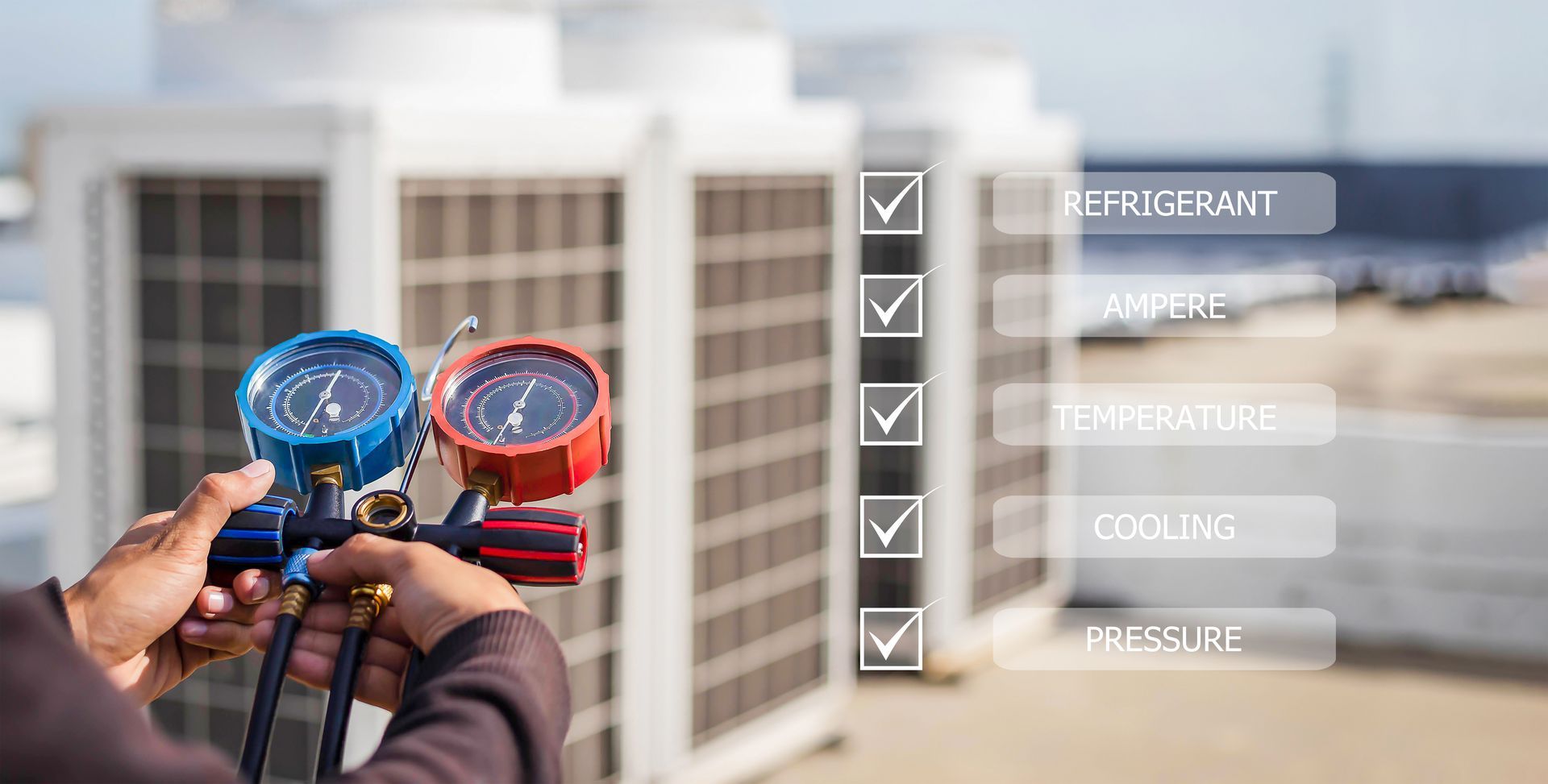How to Reduce Dust in Your Home
Don’t let your home be another one that bites the dust.
Everyone has it, and nobody wants it. In reality, dust is no laughing matter, no matter the setting. It’s easy to see how it can affect the indoor air quality (IAQ) of your Wenatchee home.
At Alpine Aire, LLC, we know how important clean indoor air quality is for your home. Our team specializes in offering whole-house solutions to keep you and your loved ones healthy, comfortable, and safe throughout the year.
Regular Maintenance Will Help
With indoor air quality typically being dirtier than your outdoor air, you need to take measures to reduce factors contributing to indoor pollution––both for your health and the health of your home.
Keep in mind, completely eliminating or eradicating dust from your home is an impossible task. Because it is virtually everywhere in Washington, you can understand why it will always exist in your home. However, you can greatly reduce household dust levels by following some of the recommendations below.
Take Good Care of Your Air Filter
The purpose of the air filter for your heating, ventilation, and air conditioning (HVAC) setup is to trap dust and debris flowing through the unit’s air. The air in your home is vented through your HVAC system and forced through its filter. Using the best filter you can afford (and recommended by your system’s manufacturer) can trap a lot of the dust traveling through the air.
Pay attention to your filter’s Minimum Efficiency Reporting Value (MERV), a measurement scale created by the American Society of Heating, Refrigeration and Air-Conditioning Engineers (ASHRAE) to rate the effectiveness of air filters. Be sure to purchase filters with the appropriate MERV rating for your HVAC system.
You also want to change your filter on a regular basis, depending on how dirty it becomes. Optimally, we recommend changing it every month but at least every two to three months, especially if you or someone in your home suffers from allergies, asthma, or chronic respiratory conditions.
A good rule of thumb is to check your filter monthly. If it’s dirty, change it. When your filter is clogged, besides hurting your HVAC system, it obviously can’t do its job of reducing the dust in your home.
Be Sure to Check Your Air Ducts
f you have a forced-air HVAC system, you have air ducts carrying your home’s air to and from your heating and cooling system. If your ducts are not sealed well or have leaks, unfiltered air will be sneaking out into your home. You could have as much as 30 percent leakage due to this poor sealing and leaks, meaning this air has not yet made it to your filter and will be spreading dust throughout your home.
It can be worse if your air ducts are filthy. The air passing through the ducts will pick up additional dust and dirt, depositing them throughout your home.
If you notice a continuously high level of dust in your home, call in one of our indoor air quality professionals to check the seals on your ducts and to inspect for leaks. Also, seriously consider getting your ducts cleaned, especially if you have never done so in the past.
Clean Your Home Regularly
In addition to the numerous HVAC steps you can take to reduce dust, there are some things you can do while cleaning your house to help:
- Eliminate clutter as it collects dust.
- Vacuum one to two times a week, using a vacuum with a high-efficiency particulate air (HEPA) filter if possible.
- Dust with a microfiber or damp cloth, starting the cleaning motion from top to bottom.
- Wash bedding routinely––sheets and pillowcases once a week; blankets, duvets, and pillows every three to four weeks.
- Avoid wall-to-wall carpeting because it can be an ideal habitat for dust and dust mites.
Keep a Constant Tab on Your Humidity
Be sure your home has the appropriate level of humidity. Too high, it encourages dust mites. Too low, dust accumulates more. Try to maintain a relative humidity of 35 to 50 percent, an industry standard.
Get Yourself an Air Purifier
A whole-home air purifier works with your HVAC system to purify the air, ridding it of dust and other particles and allergens––the dust never makes it to your home’s living spaces.
A major benefit of a whole-home purifier is how it purifies all the air in your home at once. Portable units typically can only purify the air in one room. You would need a separate purifier in every room to achieve a similar result.
We Are Your Indoor Air Quality Experts
At Alpine Aire, LLC, we know dust can be a nuisance as well as an allergen. If you notice more-than-normal dust levels in your Wenatchee, WA, home, please call us at 509-662-6846 or request service online and discover how our experienced professionals can help.

